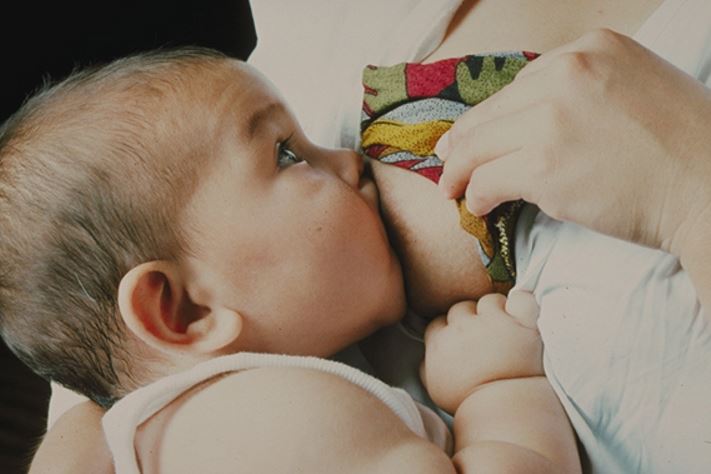An article on Tongue-tie services in the UK has just been published in the June edition of MIDIRS Digest .
This paper reviews the evidence surrounding tongue-tie division (frenotomy) and reports on the findings of a national survey to map the provision of UK NHS tongue-tie services. The findings emphasise the variability of service provision across NHS Trusts, and the limitations within the evidence base relating to assessment tools and intervention. There is a need for equitable access to skilled assessment and services to prevent both under- and over-diagnosis, and a need for all women to receive appropriate and timely breastfeeding support.
As a parents’ charity, to help address the variability and improve care for families, NCT recommends:
- All Trusts/boards have an infant feeding coordinator/team and are working towards achieving or maintaining Baby Friendly status, to provide at least the minimum level of skilled support with breastfeeding.
- Identifying priorities and securing funding for further research on tongue-tie, including longer term follow up, research into women’s experiences and identifying standardised diagnostic criteria and assessment tools.
- Development of evidence-based good practice protocols by NICE or as part of the Baby Friendly Initiative to include
- commissioning of services, skilled assessment of feeding and clear criteria for referral for possible division,
- skilled support with feeding immediately after division, follow up, with ongoing support readily available, regular audit and reviewing the training process.
- Easy access for all parents to a tongue-tie service, if needed, preferably provided by the local NHS Trust/board but, if not, with a clear referral route to a neighbouring Trust/board.
- Services to have sufficient capacity, in order to minimise waiting times.
- Recognition that mothers may have painful and upsetting experiences of tongue-tie and should have their concerns taken seriously.




